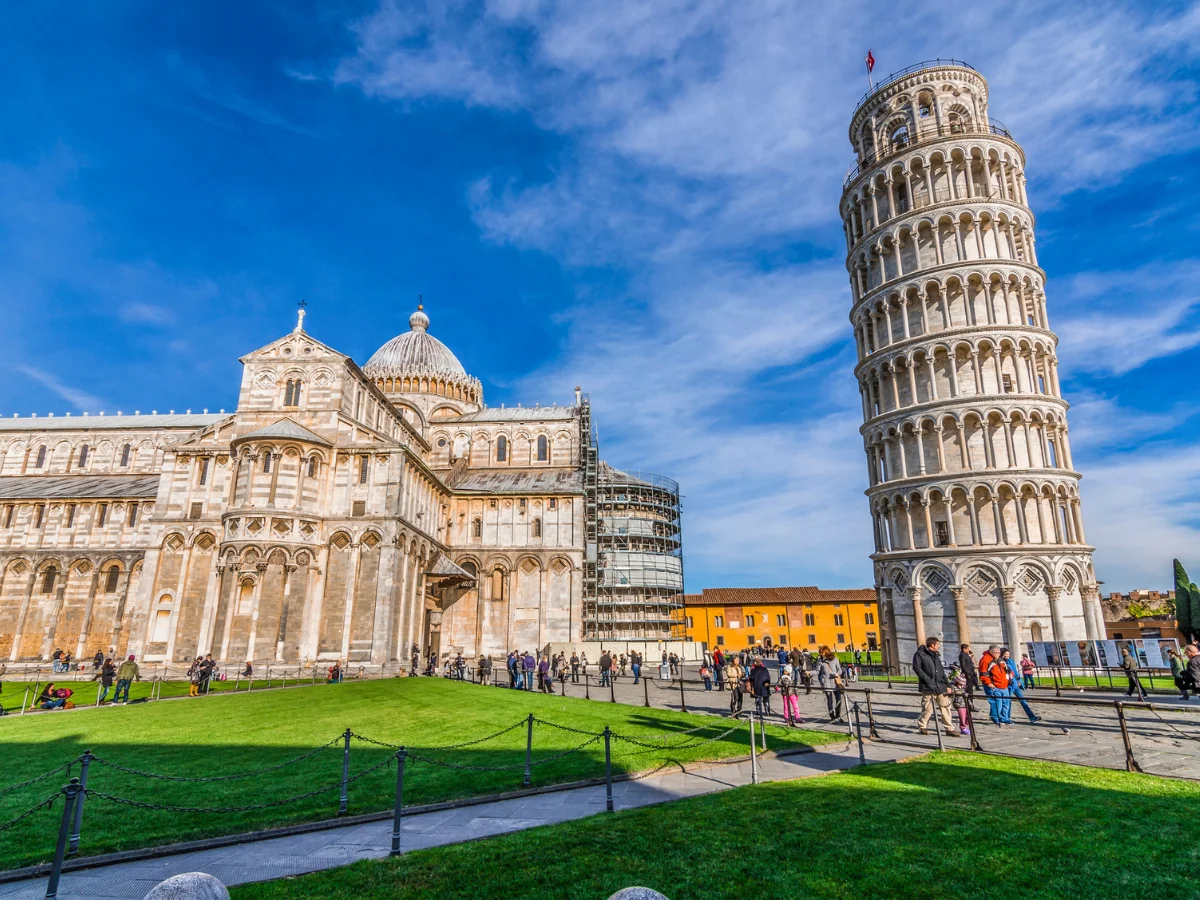Seneca embraced Stoicism
Seneca embraced Stoicism, advocating for self-control and virtue. His philosophical works, including “Letters to Lucilius” and “On the Shortness of Life,” offer practical wisdom for navigating life’s challenges. Despite his political career and eventual exile under Emperor Nero, Seneca remained steadfast in his principles. His influence extended beyond his lifetime, inspiring generations of thinkers, from Marcus Aurelius to modern-day readers. Today, Seneca’s teachings on resilience and inner peace continue to resonate, serving as a timeless guide for those seeking fulfillment and moral integrity.

Ancient Rome: Seneca embraced Stoicism
Early Life and Education
Seneca, born Lucius Annaeus Seneca in 4 BC, hailed from Hispania (modern-day Spain). He received a comprehensive education in rhetoric, philosophy, and literature, laying the groundwork for his future as a prominent philosopher.
Stoicism and Personal Philosophy
Seneca embraced Stoicism, a philosophical school that emphasized self-control, virtue, and acceptance of fate. His personal philosophy focused on cultivating inner peace and resilience in the face of adversity.
Literary Contributions
Seneca’s literary output was prolific, encompassing essays, letters, and tragedies. His philosophical works, such as “Letters to Lucilius” and “On the Shortness of Life,” offered practical wisdom and guidance for living a virtuous life.
Political Career and Exile
Despite his Stoic principles, Seneca served as an advisor to Emperor Nero, navigating the treacherous political landscape of Imperial Rome. However, his association with Nero eventually led to his forced suicide in 65 AD, following accusations of conspiracy.
Stoicism in Practice
Throughout his life, Seneca practiced what he preached, exemplifying Stoic principles through his actions. He lived modestly, eschewing wealth and luxury, and advocated for the importance of self-reflection and mindfulness.
Legacy and Influence
Seneca’s writings had a profound impact on subsequent generations of philosophers and thinkers. His Stoic teachings resonated with figures like Marcus Aurelius and Epictetus, as well as with later intellectuals during the Renaissance and Enlightenment periods.
Enduring Relevance
Even today, Seneca’s philosophy continues to inspire individuals seeking wisdom and guidance in navigating life’s challenges. His emphasis on moral integrity, resilience, and the pursuit of inner tranquility remains as relevant as ever in the modern world.
Conclusion
Seneca, the famed Stoic philosopher of Ancient Rome, left behind a rich legacy of wisdom and insight. His writings on virtue, fate, and the art of living continue to captivate readers, serving as a timeless source of inspiration for those seeking a meaningful and fulfilling existence.



